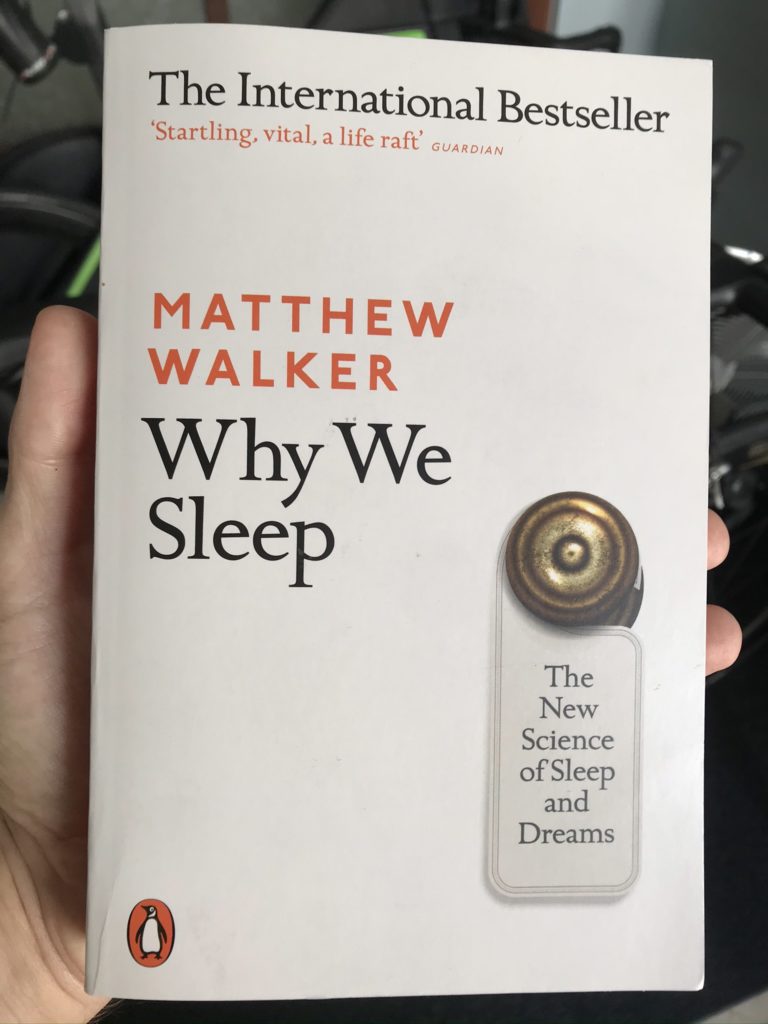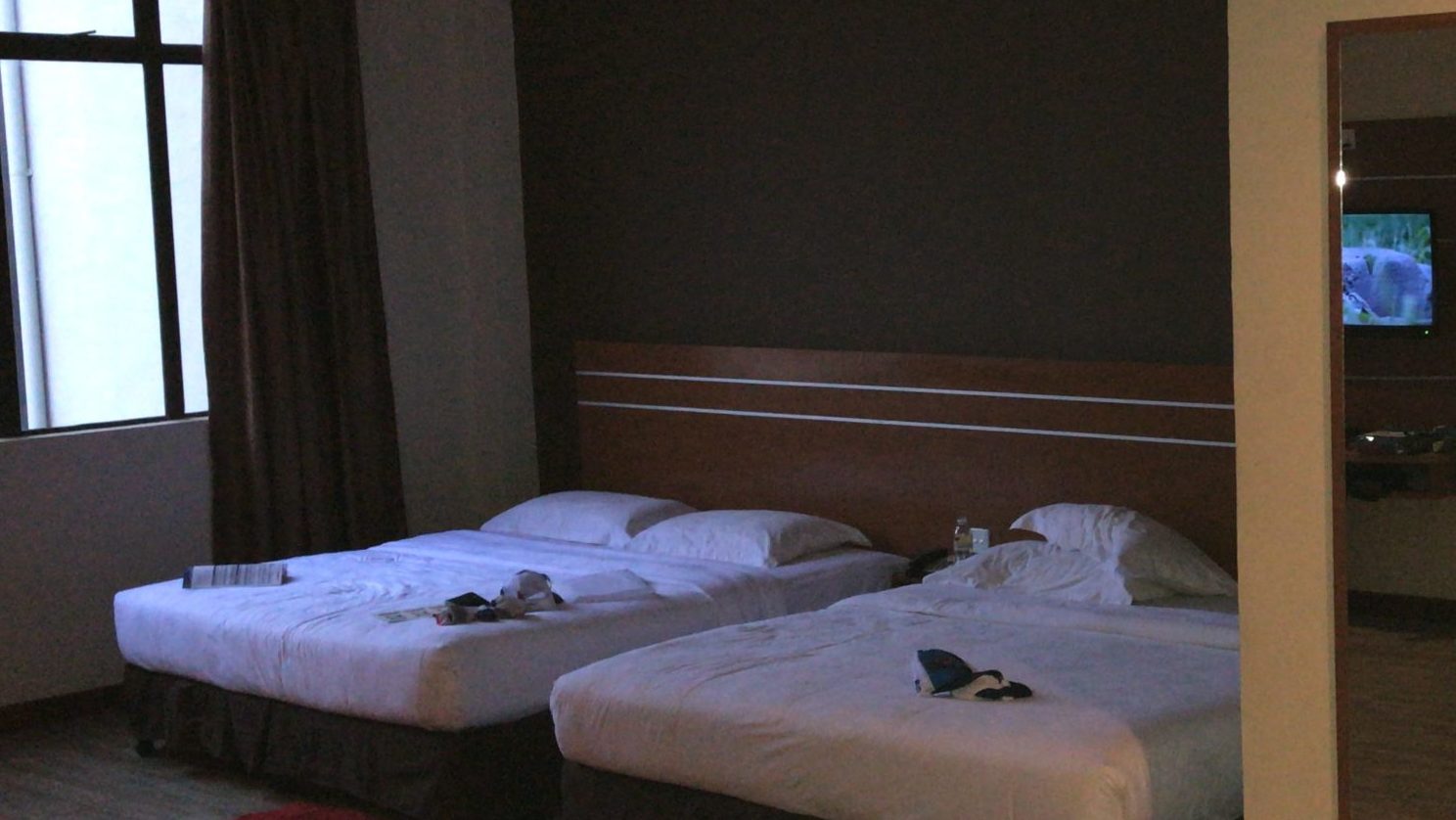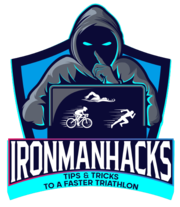I like waking up early and training. This bodes well for me at races, where we normally set our alarms for 3 or 4am. That’s not a challenge for me.
What is a challenge, however, is getting to sleep early, especially at the race venue.
Getting checked in, having dinner with friends and family, scrambling at the last minute to prepare for the morning – these are all unnecessary complications and stresses that can almost guarantee a bad night’s sleep. Get them sorted out well in advance.
Matthew Walker, author of Why We Sleep, reports that more than 750 scientific studies have looked at the relationship between sleep and athletic performance. The consensus is unsurprising: Sleep eight hours a night to perform your best, and this applies to race, night, too.

If you get fewer than six hours of sleep, here are a few things you could experience:
- Time until physical exhaustion could be reduced by 10 to 30% (try that before a full Ironman)
- Aerobic capacity is considerably diminished
- Lactic acid builds up faster
- Peak and sustained muscle strength is decreased
- Significant impairments in cardiovascular, respiratory, and metabolic capacities occur
- Blood oxygen saturation is reduced
- Blood carbon dioxide is increased
- Lung exhalation is reduced
- Cooling by sweating is diminished
- Injury risk is increased
The highest performing athletes in the world certainly know this. Usain Bolt has been known for taking naps just hours before shattering the world record, and before winning a gold medal in the Olympics.
And the International Olympic Committee even published a statement on youth athletic development and it stressed the importance of sleep across all sports. While this was in the context of youth development, it nevertheless applies to all of us.
Even endurance athletes of our grandparents’ age knew this. Arthur Newton, the innovator of the long slow distance run, and 5 time winner of South Africa’s Comrades Marathon, had this to say, in 1935, about sleep:
I used to find 5 hours [of] sleep quite sufficient to recover from heavy mental work; but no sooner did I shear off into vigorous training than I noticed a 7 to 8 hour stretch, or even more, was desirable. When it is a matter of superintensive training, you may require as much as 9 hours in bed each night.
While sleep in general, throughout your training, is critical, how do you get enough of it the day before your race? Here are a few tips:
- If you have to travel to your race venue, make sure you arrive a few days in advance (See tip #19, Arrive at the race a few days early)
- Avoid caffeine in the late afternoon and before bed
- Avoid alcohol before bed – save that for after your race
- Don’t do any workouts too late in the day and definitely not right before bedtime
- Make sure your room is cool and dark
- Try to get yourself on this sleep-early schedule well before race day
How about eating before bed? I find that I sleep well on a full stomach. According to Joe Friel (read my interview with him here), a University of North Dakota study indicated that athletes that ate a high-protein meal right before sleep had the fewest sleep interruptions.

Finally, keep in mind that it’s normal to be nervous, scared, exited, and jittery the night before a race, especially if it’s one of your first. This may result in a sleepless night or one that’s just the quality you had hoped for.
That’s OK, and don’t sweat it. It happens to all of us.
As long as you’ve made the right effort and done your best, just move on. Because trust me, you’ll have plenty more to worry about once the race starts.
